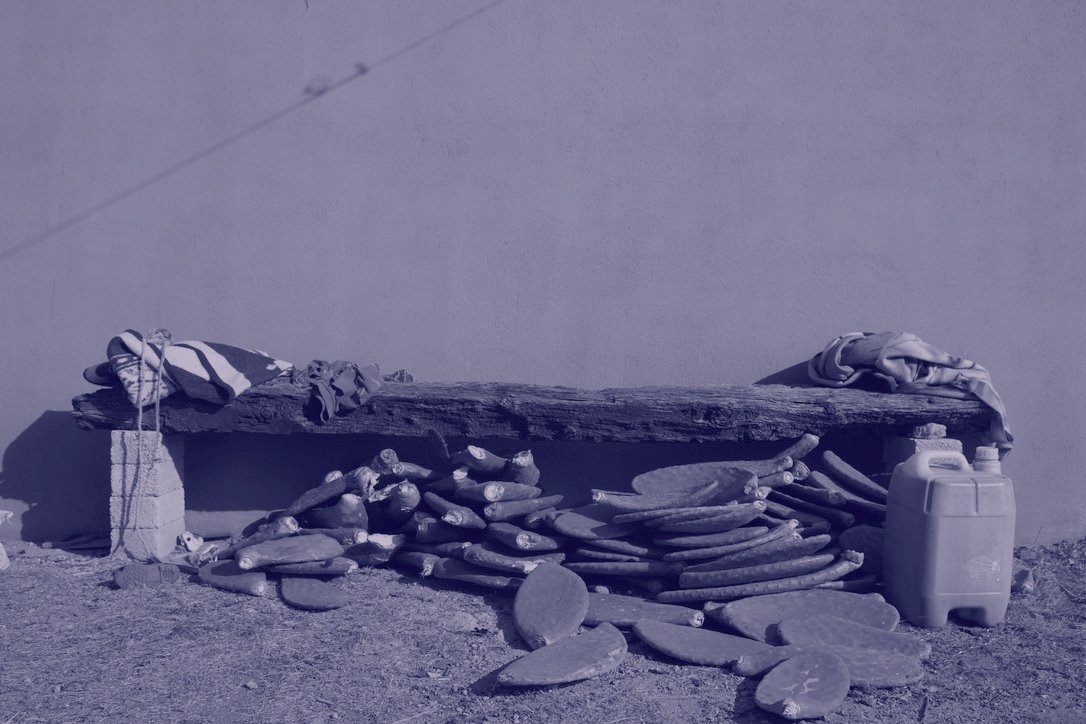
María Villalpando Páez
Maria is a PhD candidate in the Energy and Resources Group (ERG) and a member of the Critical Ruralities Lab. Her research draws from post-development studies, agroecology, and feminist political ecology to explore the meanings and possibilities of food and nutritional sovereignty in rural Mexican agricultural communities. For her doctoral project, she uses ethnographic and participatory methods to investigate the agrifood challenges and opportunities in the High Mixtec Region, challenging the dominant agricultural and development narratives in rural Mexico. Maria's work is driven by the possibility of co-envisioning pathways to equitable and just rural livelihoods. She approaches research as an interdisciplinary, grassroots, and socially committed practice. Prior to joining ERG, Maria earned her bachelor's degree in Sociology from the National Autonomous University of Mexico (UNAM) and her Master of Development Practice from the University of California, Berkeley.
Contact:
mariavillalpando@berkeley.edu
Current projects
Cultivating Food Sovereignty in the High Mixtec Region: A Participatory Approach to Peasant Women’s Knowledge and Experience
This project explores the combined effects of socioeconomic marginalization, environmental degradation due to climate change, and gender inequality on food systems in a site of particular socio-ecological complexity - the High Mixtec Region (HMR), located in the Southern State of Oaxaca, Mexico. In a global context dominated by narratives of food crisis and hunger, my research contributes new insights into the role played by peasant women in the construction of local food sovereignty, as well as in their fight to control the spaces and practices that allow their agricultural knowledge to take hold and be shared. Through a combination of ethnographic and participatory research methods, I advance transdisciplinary research that pays special attention to different agrifood knowledge and experiences, and to the localized personal and political meanings of food sovereignty among Mixtec peasant communities.
Photovoice Work
My approach to agricultural research strives for intercultural dialogue with peasant Mixtec women, whose knowledge, experience, and interests have been historically marginalized
Through the use of photovoice, I bring Mixtec peasant women’s narratives and perspectives to the forefront. Rooted in documentary photography, critical pedagogy, and feminist standpoint theory, this participatory method works to simultaneously reveal lived experiences among co-researchers while attempting to bring positive change through community building.
Other work
Sin ellas no hay maíz ni país. Tortillas, firewood, and food sovereignty in rural Mexico - Feminist Food Journal
Strengthening local food systems through kitchen gardening in Bhimashankar Wildlife Sanctuary: An exploratory study on women’s knowledge and knowledge sharing - Indigenous Peoples’ and Community Conserved Areas and Territories (ICCA) Consortium
The Paradox of Being a Women Farmer in Baringo - Berkeley Public Policy Journal
Developing Markets for Agroecology: A study on small-scale farming in Nakuru, Kenya - Seed Savers Network Kenya
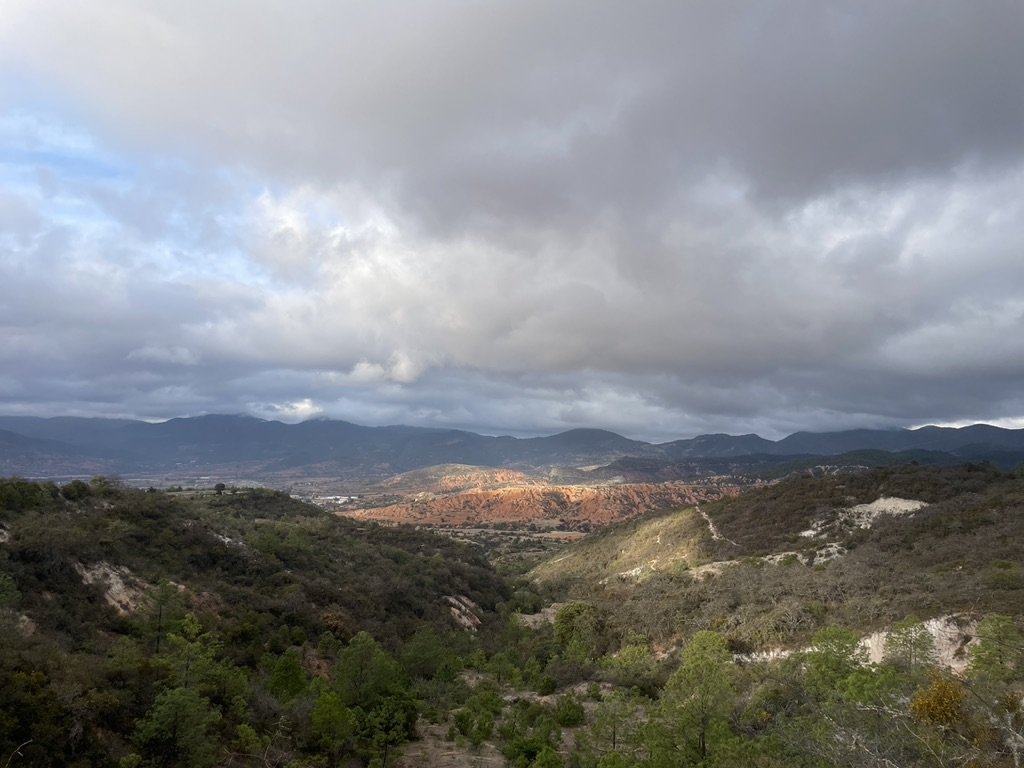
Aerial view of the vibrant colors of the High Mixtec Region. © María Villalpando Páez
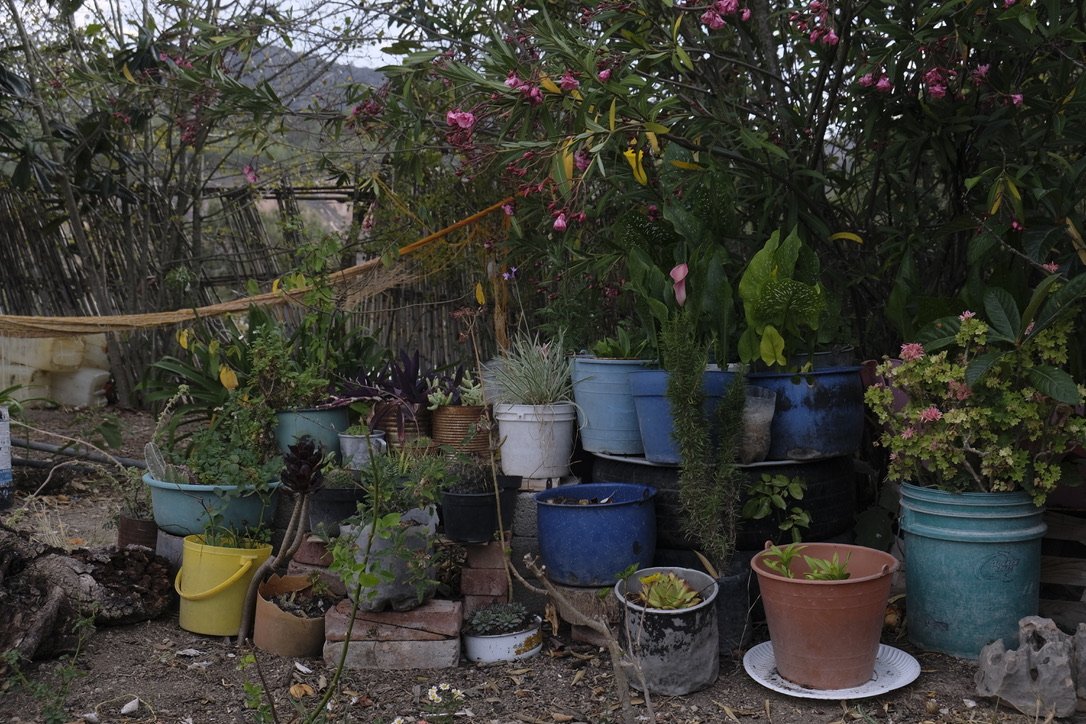
Mixtec backyards, or traspatios. © María Villalpando Páez
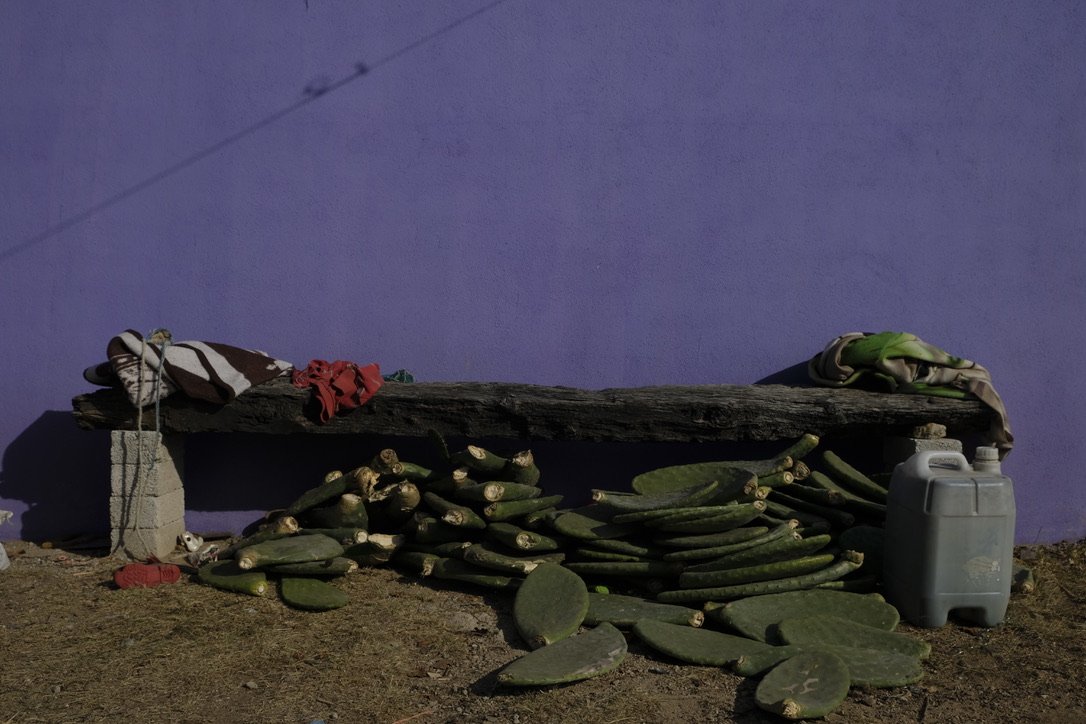
Nopal pads drying in the sun before being propagated on the farm. © María Villalpando Páez
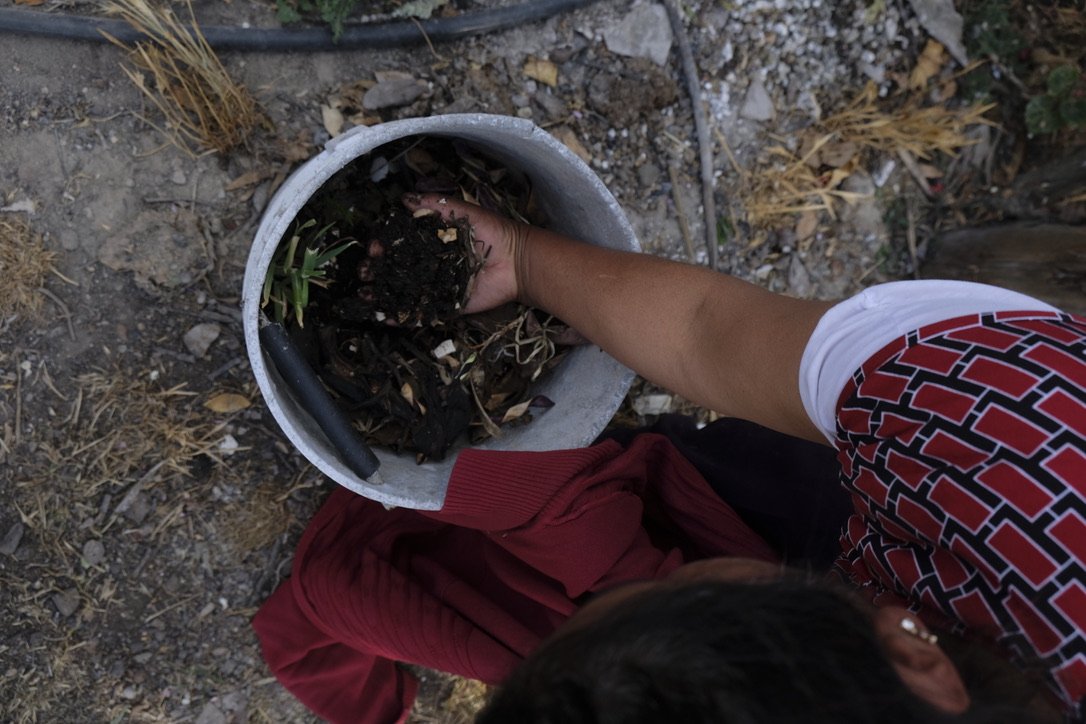
Eugenia demonstrating the quality of compost used in her backyard, or traspatio. © María Villalpando Páez
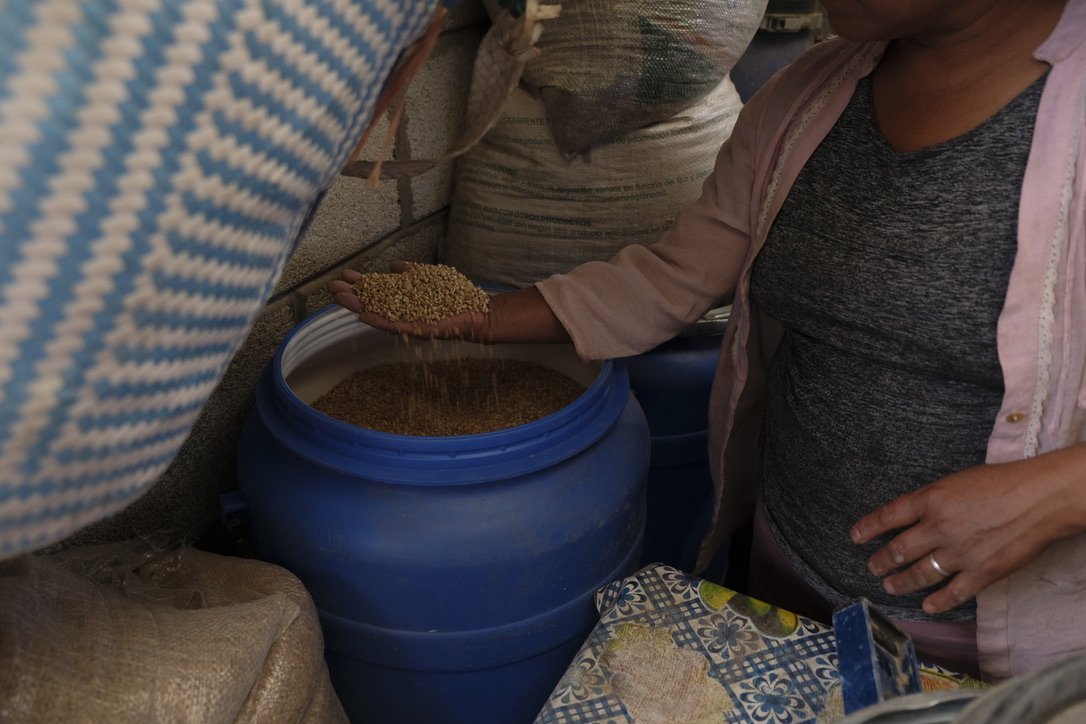
Native maize seed saving is a common practice to ensure good harvests throughout the season. © María Villalpando Páez
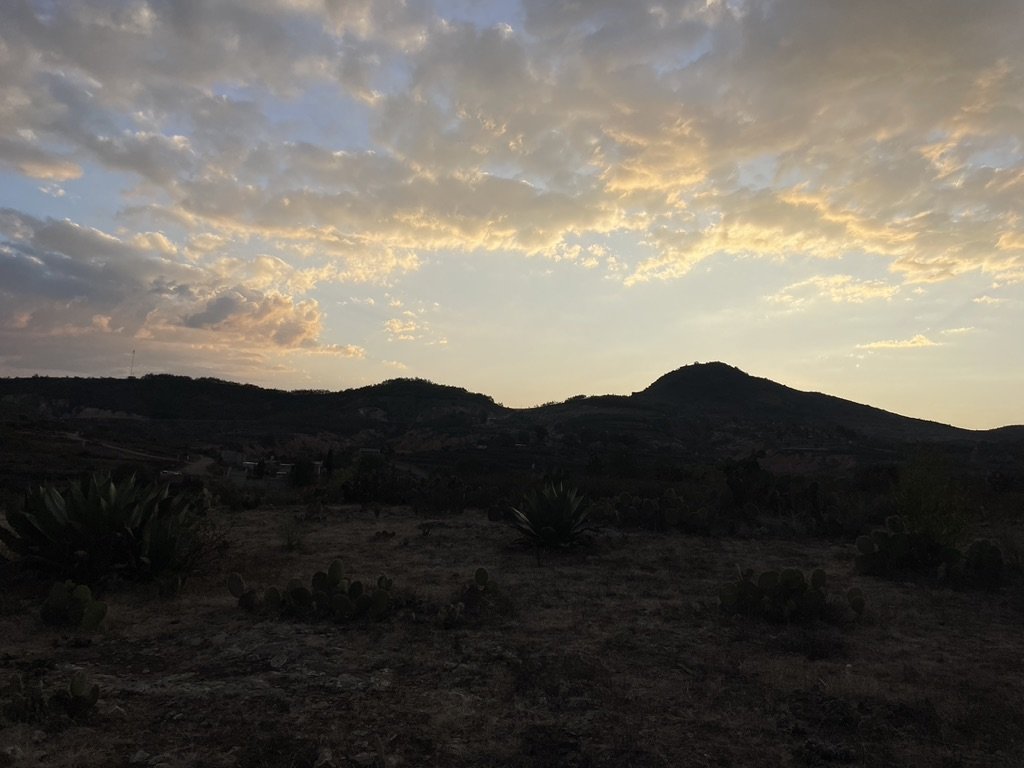
Sunset in the High Mixtec Region. © María Villalpando Páez
